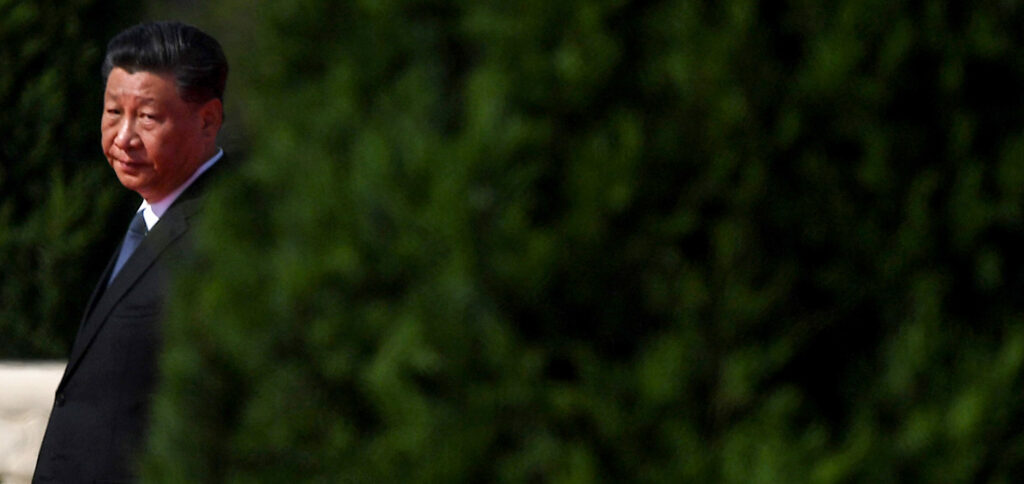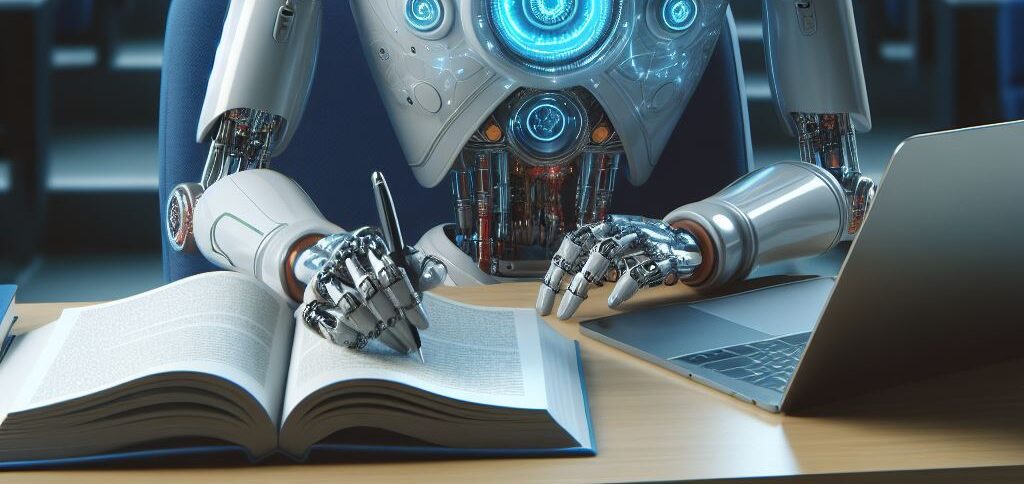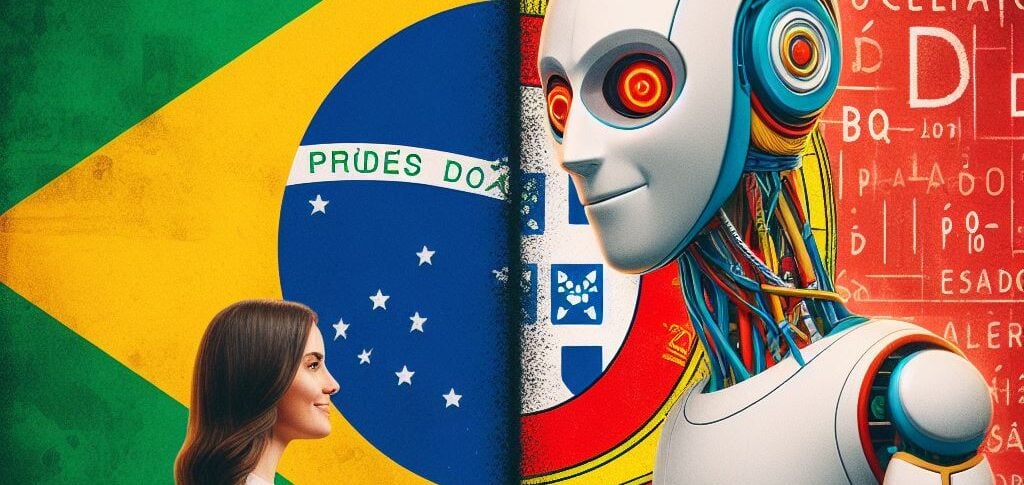Known at first as the husband of a popular singer, Xi Jinping has emerged as a leader of apparent charisma and a deft political narrative that has secured him a personal cult following not seen since the days of Mao. But little is known about his person. “I dispute the conventional view that Xi Jinping seeks power for power’s sake,” Alfred L. Chan, author of a book about his life, told AFP. “I would say he craves power as an instrument to fulfill his vision.”
ADVERTISING
For another biographer, Adrian Geiges, he really has a vision for the country. “You want to see China as the most powerful country in the world.” In this vision that he calls the “Chinese dream” or “the great rejuvenation of the Chinese nation”, the Chinese Communist Party (CCP) plays a central role. “Xi is a man of faith. For him, God is the Communist Party,” wrote Kerry Brown in her book Xi: A Study in Power. “The biggest mistake the rest of the world makes about Xi is not taking his faith seriously.”
Trauma
Although his family was part of the party elite, Xi Jinping did not seem destined for that position. His father Xi Zhongxun, a revolutionary hero who became vice prime minister, was purged during Mao's Cultural Revolution. “Xi and his family were traumatized,” says biographer Chan.
From one day to the next, the now president lost his status. One of her half-sisters committed suicide because of the persecution. Xi was ostracized by his classmates, an experience that political scientist David Shambaugh says contributed to “emotional and psychological detachment and autonomy from a young age.”
ADVERTISING
At age 15, he was sent to central China, where he spent years carrying grain and sleeping in caves. “The intensity of the work impacted me,” he acknowledged. He also participated in sessions in which he had to denounce his own father, as he explained in 1992 to The Washington Post. “Even if you don’t understand, they force you to understand (…) This makes you mature sooner”, he commented.
For biographer Chan, these experiences gave him “toughness”. “He is aware of the arbitrariness of power, which is why he emphasizes governance based on the law”, he points out.
from below
The cave where Xi Jinping slept was turned into a tourist attraction to show his concern for the poorest. On an AFP visit in 2016, a local resident described him as an almost legendary figure, reading books between breaks from intense work. “You could see he was no ordinary man.”
ADVERTISING
But the path has not been smooth for Xi Jinping. Before joining the party, his request was rejected several times due to his family legacy. And so he started at a “very low level” as a village party chief in 1974, Geiges notes.
“He worked very systematically” and became regional governor of Fujian in 1999, provincial party leader in Zhejiang in 2002 and then in Shanghai in 2007. Meanwhile, his father was rehabilitated in the 1970s after the death of Mao, the which strengthened its position.
“Heir of the Revolution”
Xi Jinping divorced his first wife to marry, in 1987, the popular soprano Peng Liyuan, at the time better known than him. For dissident Cai Xia, former leader of the CCP and now exiled in the United States, Xi Jinping “suffers from an inferiority complex, knowing that he had little formal education compared to other party leaders”. That’s why he is “stubborn and dictatorial,” she, a political theory researcher, wrote in a recent article in Foreign Affairs.
ADVERTISING
But Xi always considered himself “heir of the revolution”, says biographer Chan. In 2007, he was appointed to the standing committee of the Political Bureau, China's top decision-making body. And five years later he rose to the top, replacing Hu Jintao.
His resume did not foreshadow what would come next: repression of civil movements, independent media and academic freedoms, alleged human rights abuses in the Xinjiang region, or a foreign policy far more aggressive than that of his predecessor.
Without access to Xi or his inner circle, scholars look to his early writings for clues about his motivations. The central importance of the party and its mission “to make China a great country is evident from Xi’s earliest records,” says Brown.
ADVERTISING
This narrative of a rising China had a great effect on the population, using this nationalism to its advantage to legitimize the party among the population. But the fear of losing power is also evident. “The fall of the Soviet Union and socialism in Eastern Europe was a big shock” for Xi, estimates Geiges.
And his conclusion is that this collapse was due to political openness. “He decided that something like this should not happen in China (…) That is why he defends strong leadership of the Communist Party, with a strong leader”, he adds.
(With AFP)



